MercoPress. South Atlantic News Agency
Tag: Brazil economy
-
Saturday, January 6th 2018 - 09:42 UTC
Brazilian industrial production rose in November for the third month running
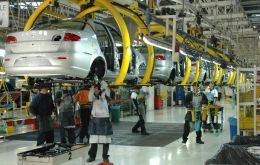
Brazilian industrial production rose 0.2% in November from a month before, at the same rate as in September and October, surprising market analysts who expected stability. It was the third monthly increase in a row in the industrial output.
-
Sunday, December 31st 2017 - 10:32 UTC
Temer paves the way for the privatization of jumbo power company Electrobras
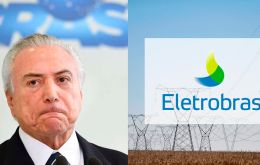
Brazilian President Michel Temer signed a measure that paves the way for the privatization of Eletrobras, Latin America’s largest power company, according to a government official.
-
Friday, December 29th 2017 - 10:06 UTC
Brazil's main stock market, Ibovespa ends the year with a 26.85% increase
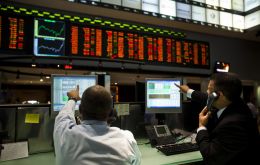
Ibovespa, the benchmark stock market index in Brazil, ended the last trading session of the year with a 0.43% rise to 76,402.08 points amid a lack of negative political news and tracking stock markets abroad.
-
Thursday, December 28th 2017 - 10:03 UTC
Brazil creates National Mining Agency to promote and regulate the industry
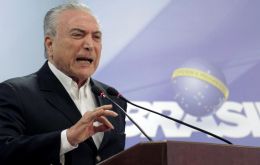
Brazil's President Michel Temer has approved a law to create a National Mining Agency (ANM), according to a statement published in Wednesday's edition of the country's official gazette.
-
Friday, September 8th 2017 - 20:07 UTC
Agriculture has become the most productive sector of the Brazilian economy
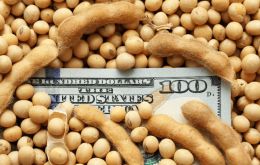
With a robust Harvest Plan coupled with support and development tools organized by the government, Brazil’s agriculture and livestock sector is expected to generate record wealth for Brazil in 2017. Studies show that the segment is likely to grow around 10.74% this year, adding over R$ 30 billion (some US$ 10bn) to the country's GDP.
-
Wednesday, August 30th 2017 - 08:35 UTC
Meirelles expects the Brazilian economy to grow between 2.5% and 3% in 2018
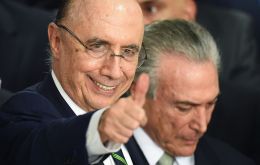
Brazil's Finance Minister, Henrique Meirelles, said on Monday that he expects the economy to grow “at around 3%” in 2018. His statement was made a few minutes after a ministerial meeting at the Planalto Palace, at a time when the government is preparing itself to confront a new charge against President Michel Temer.
-
Tuesday, August 8th 2017 - 20:00 UTC
Brazilian economy on course to a modest growth (2%) next year
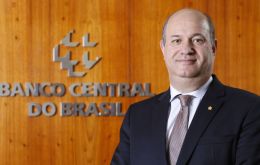
Brazilian Central Bank President Ilan Goldfajn said that Latin America's largest economy remains weak though it is on course to show modest growth next year. In an interview with a São Paulo radio station, he said Brazil may achieve growth of 2% in 2018 if the economy continues expanding at its current pace.
-
Thursday, August 3rd 2017 - 23:14 UTC
Brazilian economy struggling to climb out of deep recession
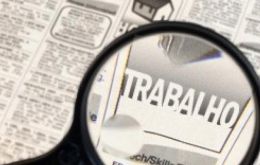
Brazil revealed mixed economic reports: record trade surplus, slight drop in unemployment and a stable industrial output. The July trade surplus was US$6.298, according to government data. Exports totaled US$18.769 billion and imports US$12.471 billion. This follows a surplus of US$7.195 billion in June.
-
Tuesday, July 11th 2017 - 07:47 UTC
Meirelles confident Brazil is climbing out of worst recession in history

Speaking during the G20 summit in Hamburg, Germany, Henrique Meirelles gave more details about Brazil's economic recovery trajectory.
-
Sunday, June 4th 2017 - 12:07 UTC
Brazil record trade surplus and industrial production up 0.6% in April

Encouraging news for Brazil's economic recovery: industrial output increased in April for the first time since December and the trade surplus rose to a record US$ 7.661bn during May, according to government data. Exports boosted by a record soy crop and rising auto sales reached US$ 19.8bn and imports US$ 12.2bn
